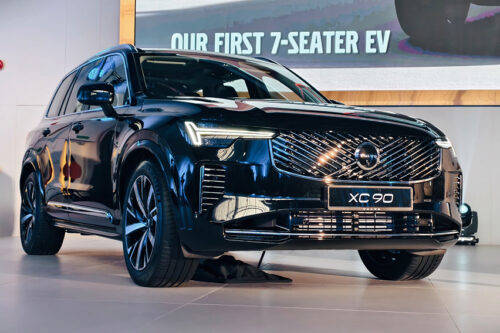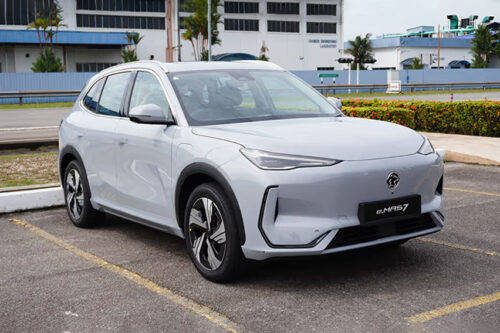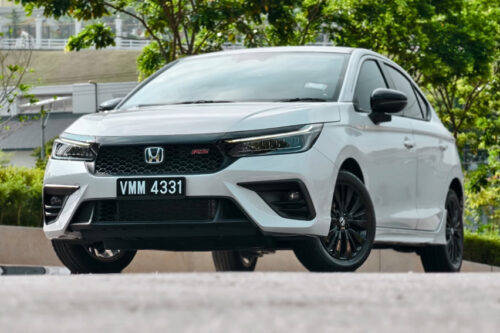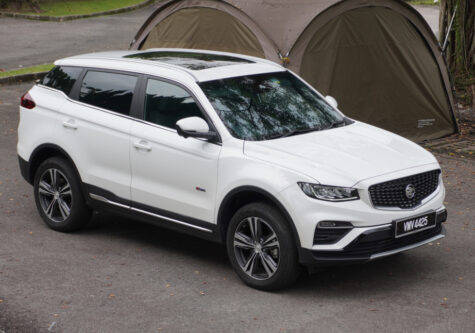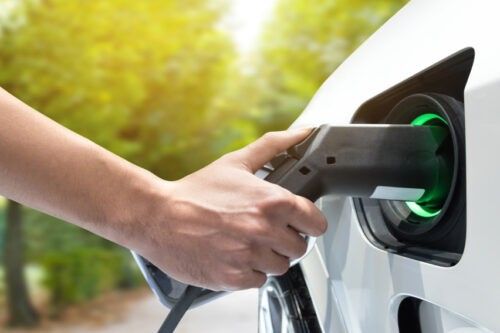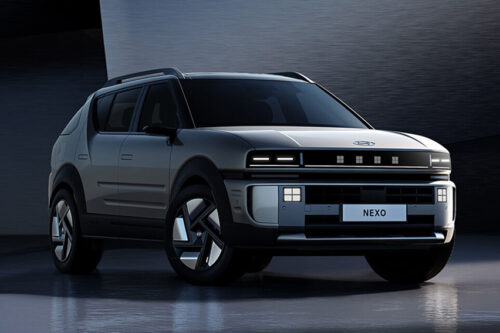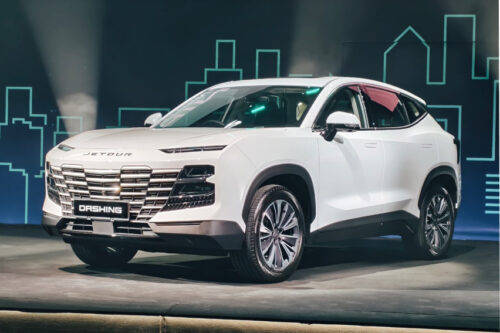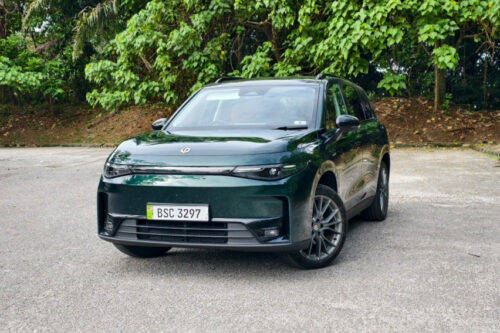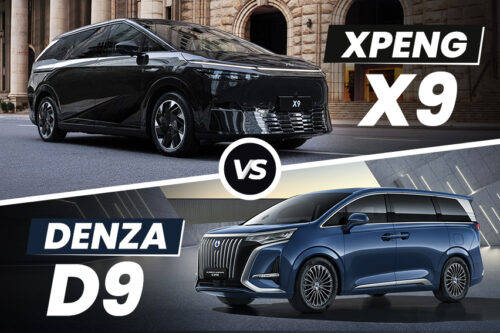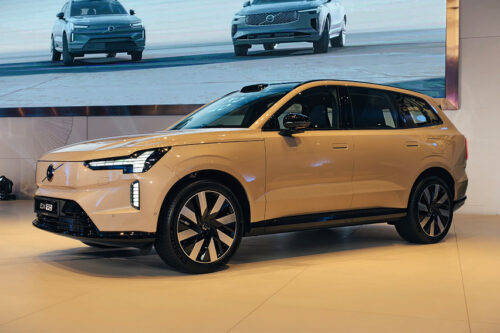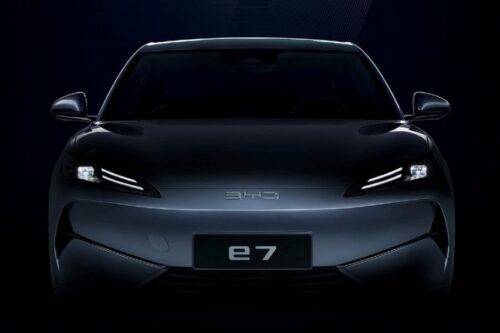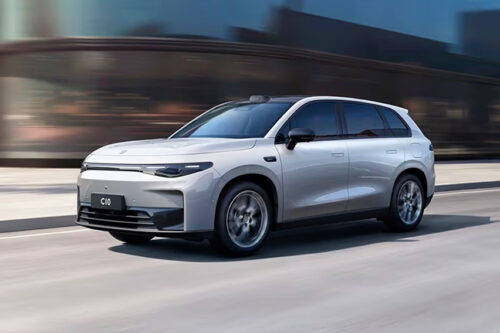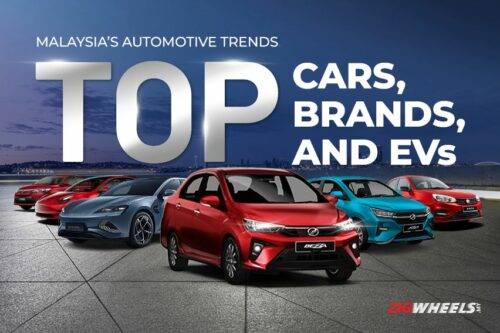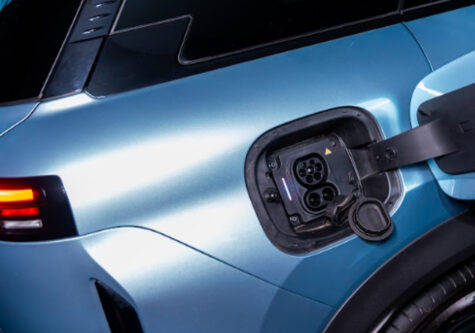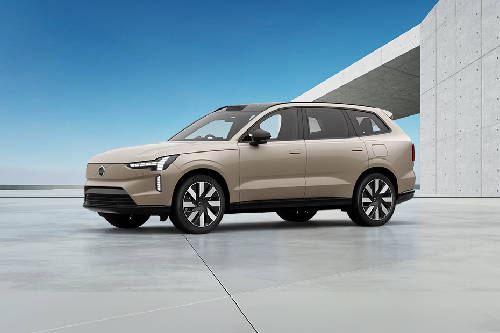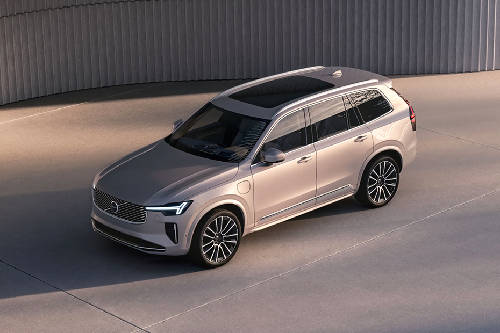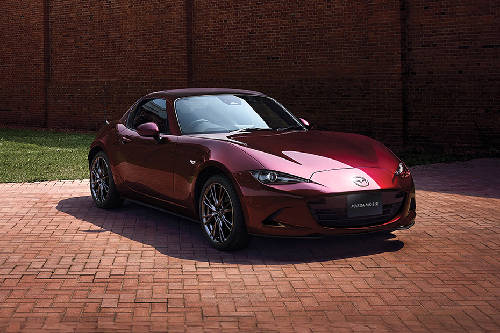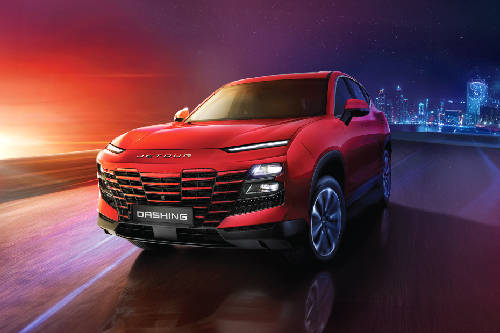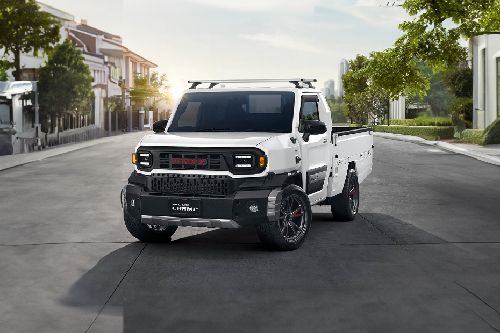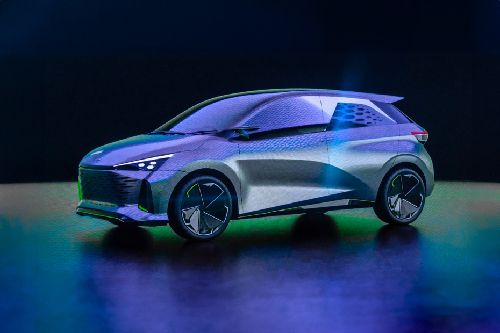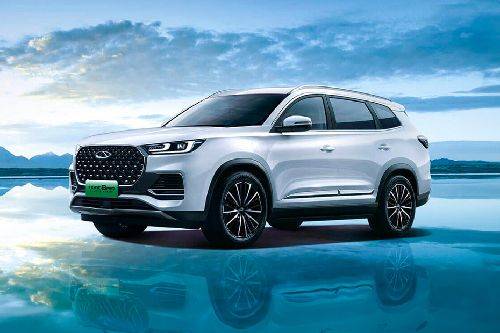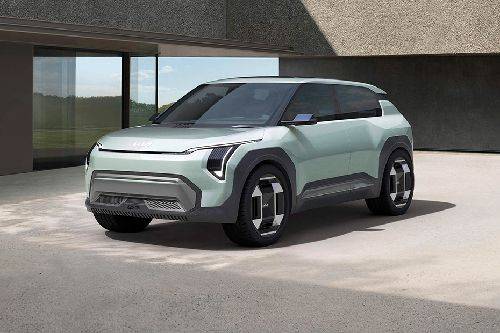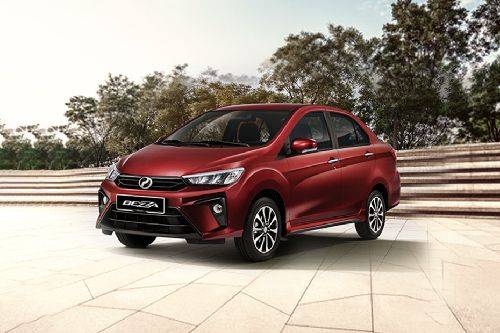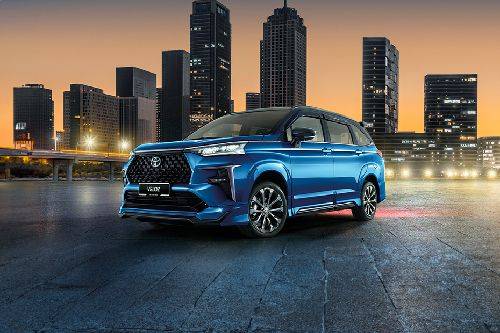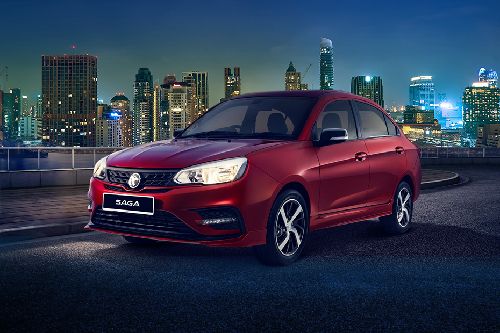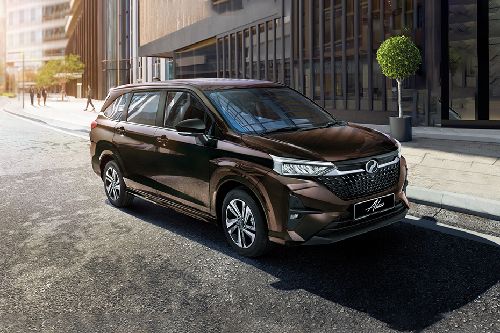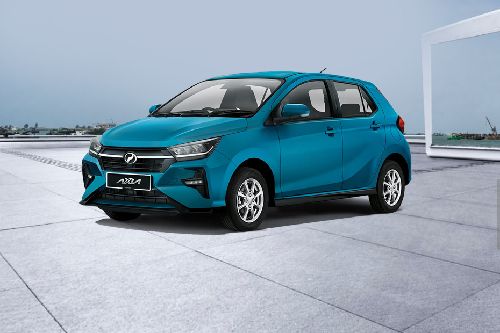Ready to go electric? Here's your electric car buying checklist
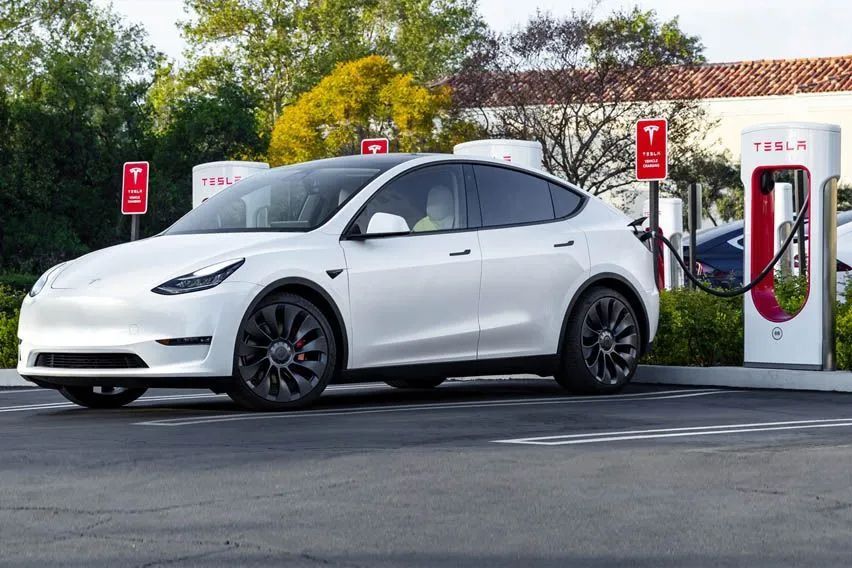
In recent years, Malaysia has witnessed a gradual but significant shift towards electric vehicles (EVs) as the world embraces cleaner and more sustainable transportation options. With advancements in EV technology and a growing number of models entering the market, Malaysians are increasingly considering the switch to electric. This article serves as a comprehensive guide for anyone thinking about the purchase of an electric car in Malaysia, providing insights and considerations crucial to making an informed decision.
Government incentives fueling EV adoption
The Malaysian government has played a pivotal role in promoting EV adoption by introducing various incentives. These incentives aim to make EVs more accessible and affordable to the general public. One notable initiative is the Electric Vehicle Early Adoption Incentive (EEAI), active from January 2021 to January 2023. This incentive offers substantial rebates of up to 45% on the Additional Registration Fee (ARF) for fully electric cars, potentially reducing upfront costs by approximately 11%. The government's proactive stance demonstrates a commitment to transitioning to a more sustainable and eco-friendly transportation landscape.
Diverse EV market with varied options
The Malaysian EV market is rapidly diversifying, with several automakers introducing electric models to cater to different preferences and needs. While global giants like BMW and Nissan offer their electric offerings, some local distributors have also brought EVs to Malaysian shores. The range of options available is wide, catering to various budgets and requirements, making it easier for consumers to find an EV that suits their lifestyle.
Here are some electric cars available in Malaysia, along with their prices:
Neta V - Among the most affordable options, the Neta V is priced at just RM 99,800, making it an attractive choice for budget-conscious buyers.
BYD Atto 3: The Chinese automaker BYD offers the Atto 3 EV in Malaysia at a starting price of RM 149,800.
BMW iX - The BMW iX, known for its stylish design and advanced technology, is available in Malaysia and is competitively priced within the EV market.
Nissan Leaf - Another accessible option, the Nissan Leaf, retails for approximately RM188,888, offering a balance between affordability and modern EV features.
Mercedes-Benz EQS - For those seeking a premium electric driving experience, the Mercedes-Benz EQS stands out, albeit with a higher price tag of RM698,888.
Tesla Model Y - Tesla, known for its groundbreaking EV technology, had a presence in Malaysia through imports by PEKEMA earlier. But now it has made its official debut in Malaysia with the launch of the Model Y. The automaker is also set to introduce the Model 3 soon.
Charging infrastructure development
One critical aspect of electric car ownership is the availability and accessibility of charging infrastructure. As of 2023, Malaysia has made strides in expanding its charging network, with over 300 charging points across the country. These stations range from slower 3.7 kW AC chargers to faster 50 kW DC chargers. However, challenges remain in ensuring a comprehensive and evenly distributed charging network, especially for those residing in less urbanized areas.
Evolving Malaysian electric car market
The landscape of electric cars in Malaysia is continually evolving, offering consumers more choices than ever before. While the current selection may appear limited compared to conventional vehicles, the government's commitment to supporting EV adoption, coupled with ongoing advancements in technology, is likely to lead to a more robust and varied EV market in the coming years.
Now, we delve deeper into the key considerations when buying an electric car in Malaysia. Whether you're a first-time buyer or looking to make the switch to electric, this guide will help you navigate the evolving world of electric cars in Malaysia.
Factors to consider before buying an electric car in Malaysia
The decision to transition to an electric car (EV) in Malaysia is an exciting one, driven by environmental concerns, technological advancements, and government incentives. However, before taking the plunge into EV ownership, several crucial factors need careful consideration to ensure a seamless and satisfying experience. Here they are:
- Range Requirements: One of the first considerations should be your daily travel needs. Assess your regular driving distances to determine if an all-electric vehicle (AEV) or a plug-in hybrid electric vehicle (PHEV) would better suit your lifestyle. AEVs are ideal for short commutes, while PHEVs offer the flexibility of longer trips thanks to a combustion engine backup.
- Charging Infrastructure: Investigate the availability and accessibility of charging stations in your area. Malaysia is gradually expanding its charging infrastructure, but it's essential to ensure convenient access to charging points, especially if you don't have the luxury of home charging.
- Charging Speed: Fast-charging capabilities can significantly impact your EV experience. Check if the EV models you're interested in support fast charging and if there are fast-charging stations on your frequently travelled routes.
- Battery Life and Warranty: Electric car batteries degrade over time, affecting range and performance. Inquire about the expected battery lifespan and the manufacturer's warranty. Different driving habits, charging patterns, and climate conditions can influence battery longevity.
- Performance Expectations: EVs offer instant torque and smooth acceleration, but their performance varies between models. If you prioritize speed and exhilarating acceleration, research horsepower, torque, and acceleration times to match your expectations.
- Cost Considerations: While the upfront cost of EVs has been narrowing compared to traditional vehicles, they can still be pricier. Explore potential long-term savings on petrol and maintenance to evaluate the overall cost-effectiveness of EV ownership.
- Charging at Home: If you can install a home charging station, it enhances convenience. Assess the feasibility and cost of a Level 2 home charger installation, which significantly reduces charging time compared to a standard household outlet.
- Resale Value: Investigate the potential resale value of specific EV models. Some brands and models may retain their value better due to factors like reputation, battery technology, and market demand.
- Safety Features: Safety should remain a top priority. Look for EV models that offer advanced safety features like adaptive cruise control, collision warning systems, and lane-keeping assist. Ensure the vehicle meets necessary safety standards and has undergone rigorous crash testing.
- Model Availability: Not all EV models may be readily available in your area. Research local dealerships and their inventory to determine which electric car models are accessible to you. Limited availability or long waiting lists can impact your buying decision.
- Additional Costs: Beyond the purchase price, consider insurance premiums, maintenance expenses, and the cost of replacing EV-specific parts. While EVs generally have lower maintenance requirements, factoring in these costs provides a comprehensive view of the financial commitment.
- Test Drive: Finally, never underestimate the importance of a test drive. Assess the car's handling, comfort, noise level, and overall driving experience. Ensure it aligns with your preferences and driving style.
Conclusion
Embracing the electric vehicle revolution in Malaysia is an exciting prospect, but it demands thorough consideration. Factors such as range, charging infrastructure, and cost must align with your needs and expectations. With careful assessment, you can make an informed choice that not only benefits you but also contributes to a more sustainable future.
Sell your car at the best price
 Verified and genuine buyers
Verified and genuine buyers
Trending & Fresh Updates
- Latest
- Popular
You might also be interested in
- News
- Featured Stories
Featured Cars
- Latest
- Upcoming
- Popular



